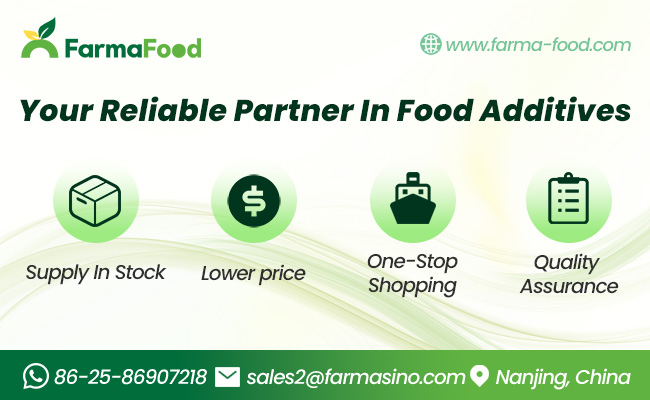The use of food additives has a long history, with the improvement of modern food processing technology and the development of the food industry, the research and development and use of food additives has also made great progress, the development of the food industry has played a positive role in promoting. However, consumers still have misconceptions about food additives.
Myth 1: Long-term intake of large quantities is harmful to health
After the survey, 62% of consumers believe that "long-term large intake of food additives is harmful to health". Zhong Kai, director of the Food and Health Information Exchange Centre, said that "long-term large quantities" is actually layman's terms. For example, when evaluating the safety of food additives, the extreme case of "lifelong, daily, large intake" should be fully considered, so the so-called "long-term large intake is harmful to health" on the Internet is almost impossible to appear. In addition, the national standards in the provisions of the scope of use of food additives, the use of the amount of "total account", therefore, we are concerned about the "superimposed effect" is also covered.
In fact, China has formulated strict and detailed standards on the scope of use and dosage of various types of food additives, and food additives permitted to be used in accordance with the regulations have gone through a full range of scientific and rigorous safety testing and evaluation. At the same time, the relevant laws also stipulate that only food additives that are technically necessary can be included in the scope of permitted use. In addition, the synthetic food additives currently approved for use in China have been approved for use in more than two developed countries.
Therefore, as long as the use of food additives in strict accordance with the national provisions of the varieties and dosage, safety is guaranteed, people do not have to regard it as a scourge.
Myth 2 Natural sources are safer than synthetic ones
According to the survey, 70% of consumers believe that "natural sources are safer than synthetic food additives". The traditional idea that "natural" is better than "artificial" is easily transferred to the perception of "food additives".
In fact, the large-scale use of all food additives depends on "artificial" production, and it is difficult to meet the demand by relying entirely on extracts from natural plants, animals or microorganisms. Moreover, it is difficult for people to accurately judge the origin of food additives from their names, such as "lemon yellow" and "amaranth red" named from the similarity of the colour with lemon and amaranth, which are synthetic pigments in nature.
Luo Yunbo, academician of the International Academy of Food Science and professor at Beijing Technology and Business University, said that this idea may be related to the widespread "chemophobia", but whether it is a natural source or synthetic food additives, they are chemical substances, and they are treated equally in management: the same methods and criteria are used to assess their safety. Therefore, food additives approved for use are equally safe, regardless of the source.
Myth 3: "0 additives" and "0 preservatives" are safer
According to this survey, 66% of consumers believe that foods with "0 additives" and "0 preservatives" are safer. The main function of preservatives in food is to inhibit the reproduction of harmful bacteria and prevent bacteria and moulds from producing toxins in food. As long as preservatives are added in the prescribed amount, they will not cause harm to the human body. Nowadays, many foods are emphasised without adding preservatives, which seems to be the most healthy, in fact, some foods without preservatives are easily contaminated by bacteria, but there may be food safety hazards.
Sun Baoguo, academician of the Chinese Academy of Engineering, pointed out that "0 additive" "0 preservatives" is a typical panic marketing, the use of consumer concerns and distrust of food additives, in turn, to further strengthen the "food additives are harmful! "The perception of food additives is harmful. In fact, "0 additives" "0 preservatives" is not safer, and sometimes misleading to consumers, may be formed on other products stigmatisation and unfair competition, is not conducive to the healthy development of the food industry.
Myth 4 Melamine and Lean Meat Extract are Food Additives
Melamine and lean meat extract are two typical illegal additives, yet this survey shows that nearly 80% of consumers still mistake them for food additives.
Chen Junshi, an academician of the Chinese Academy of Engineering, pointed out that only those approved for use by the government are food additives, and those used without approval are illegal additives. The demonisation of food additives is, to a certain extent, due to consumer confusion between food additives and illegal additives.
